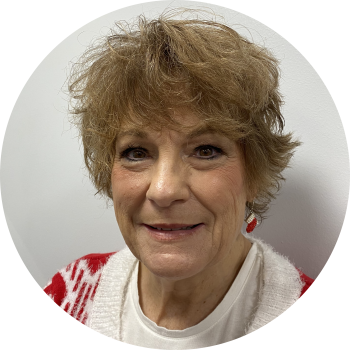Whoever wrote, “Sticks and stones may break my bones, but words will never hurt me,” has no idea how powerful words can be.
Words can give children much needed guidance, love, and encouragement, or completely break their spirit. I’m not sure that we as parents know we have that much control over how our children view the world and themselves. It’s time that we start taking a more positive approach on how we talk to our children and understand the impact we can have on our own children and the adults of tomorrow. We can start with our choice of words and the tone of voice of which the words are spoken. Children tend to hang on every word that we say and will believe what is said to them and about them.
Remember your child’s brain is still developing and the way we talk to them may impact how they see themselves. Angry and degrading language can leave emotional scars for a lifetime. We have all gotten mad and said things to our kids we wish we could take back, but it’s important to try to keep control and not let our tempers get in the way. We must remember to hold back our own emotions and our words and only say the things that are going to help teach the lessons we want our kids to learn. These lessons can include teaching kindness, gentleness, and forgiveness. Words and actions that may seem very insignificant to us, may mean the world to our teenager. We must consider their feelings and make sure they are feeling heard and understood. When we are in a close relationship with someone, like a child or teen, there are going to be times you disagree and don’t understand one another. Unfortunately, people say hurtful things and as parents, we are no different. What’s important is to go back to your child and try to understand the situation from their point of view, then to say, "I’m sorry I said those things to you. I realize I was wrong to speak to you that way.” Most children are very forgiving!
By saying "I'm sorry," when needed, you have also given your child a good lesson on how an adult handles conflict. You are giving them a role model for the future. Learning to admit when you are wrong is a life lesson they will never forget.

Cheryl Richardson is a Community Educator at Alliance For Children. She spends most of her days presenting child abuse prevention education to children and adults in Tarrant County. She has a Bachelors degree in education and taught in elementary schools for many years. Cheryl has been with Alliance For Children for 1 year . She spends her free time with her husband of 40 years and her adorable grandchildren.



